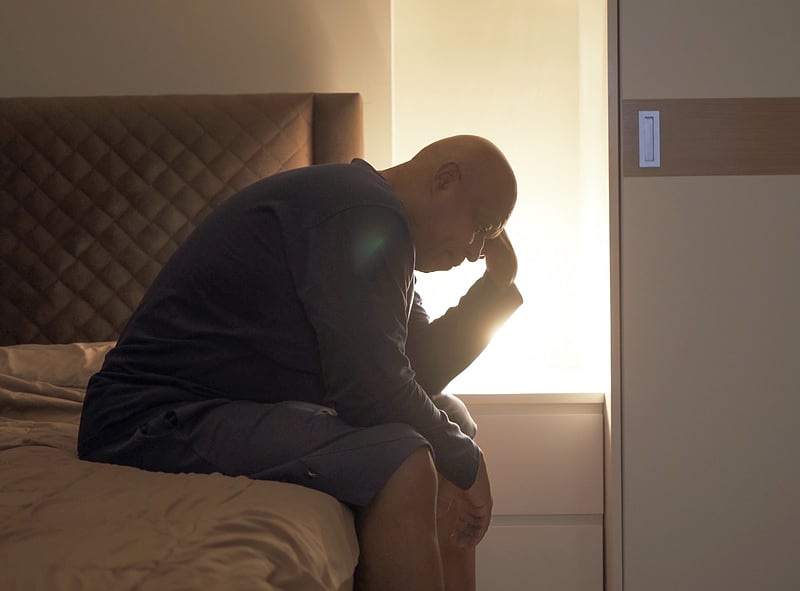Manténgase sano!

- Cara Murez
- Posted July 18, 2023
Redlining May Raise Heart Failure Risk Among Black Americans
In areas where Black Americans have been historically affected by discriminatory housing practices, there is higher heart failure risk, according to new research.
Researchers studying more than 2.3 million U.S. adults between 2014 and 2019 found that heart failure today was linked to "redlining," which began in the 1930s. Heart failure risk for Black people who lived in these redlined ZIP codes was higher than for those who did not.
"Although discriminatory housing policies were effectively outlawed nearly a half-century ago, the relationship between historic redlining practices and people's health today gives us unique insight into how historical policies may still be exerting their effects on the health of many communities,"study co-author Dr. Shreya Rao said in an American Heart Association news release. Rao is a cardiologist and assistant professor in the department of internal medicine at the University of Texas Health Science Center at San Antonio.
For the study, the researchers used data from the Medicare Beneficiary Summary Files. Study participants were age 71, on average. More than 801,000 participants were Black.
The investigators mapped historical redlining maps onto modern day maps of 1,044 ZIP codes in the United States. They sorted them into four groups ranging from least to most exposed to redlining.
"Ultimately, we were most interested in assessing the difference in risk of heart failure between individuals from communities with the highest level of exposure to redlining and individuals from other communities,"said first author Dr. Amgad Mentias, an interventional cardiology fellow at Cleveland Clinic in Ohio.
Redlining began in 1933 under a New Deal mortgage program. People in largely Black communities were denied mortgages, which also led to reduced investment in schools and other programs. The practice was outlawed by the Fair Housing Act of 1968.
Previous research has connected redlining to higher rates of stroke, and increased risk of high blood pressure, type 2 diabetes and early death due to heart disease. A recent study from researchers at Boston University also linked the practice to kidney failure today.
In heart failure, the heart is unable to pump enough blood to meet the body's needs. The condition affects about 6.7 million people in the United States and disproportionately affects Black adults.
The researchers assessed the association between living in higher proportions of redlined ZIP codes and heart failure risk, doing separate analyses for Black and white adults and considering other variables. Those included poverty, education, employment and access to transportation.
The team found that Black adults living in ZIP codes with the highest proportion of redlining had an 8% higher risk of developing heart failure.
However, white adults living in ZIP codes with the highest proportion of redlining did not have an increased risk of heart failure.
About half of the excess risk of heart failure could be explained by higher levels of socioeconomic distress, the study authors noted.
The risk of heart failure was highest in Black adults living in redlined communities that had high scores on the Social Deprivation Index.
Still, redlining alone does not capture the full contribution of systemic racism on health today, the researchers added.
The study findings were published July 17 in Circulation.
More information
The U.S. Department of Health and Human Services has more on the social determinants of health.
SOURCE: American Heart Association, news release, July 17, 2023
